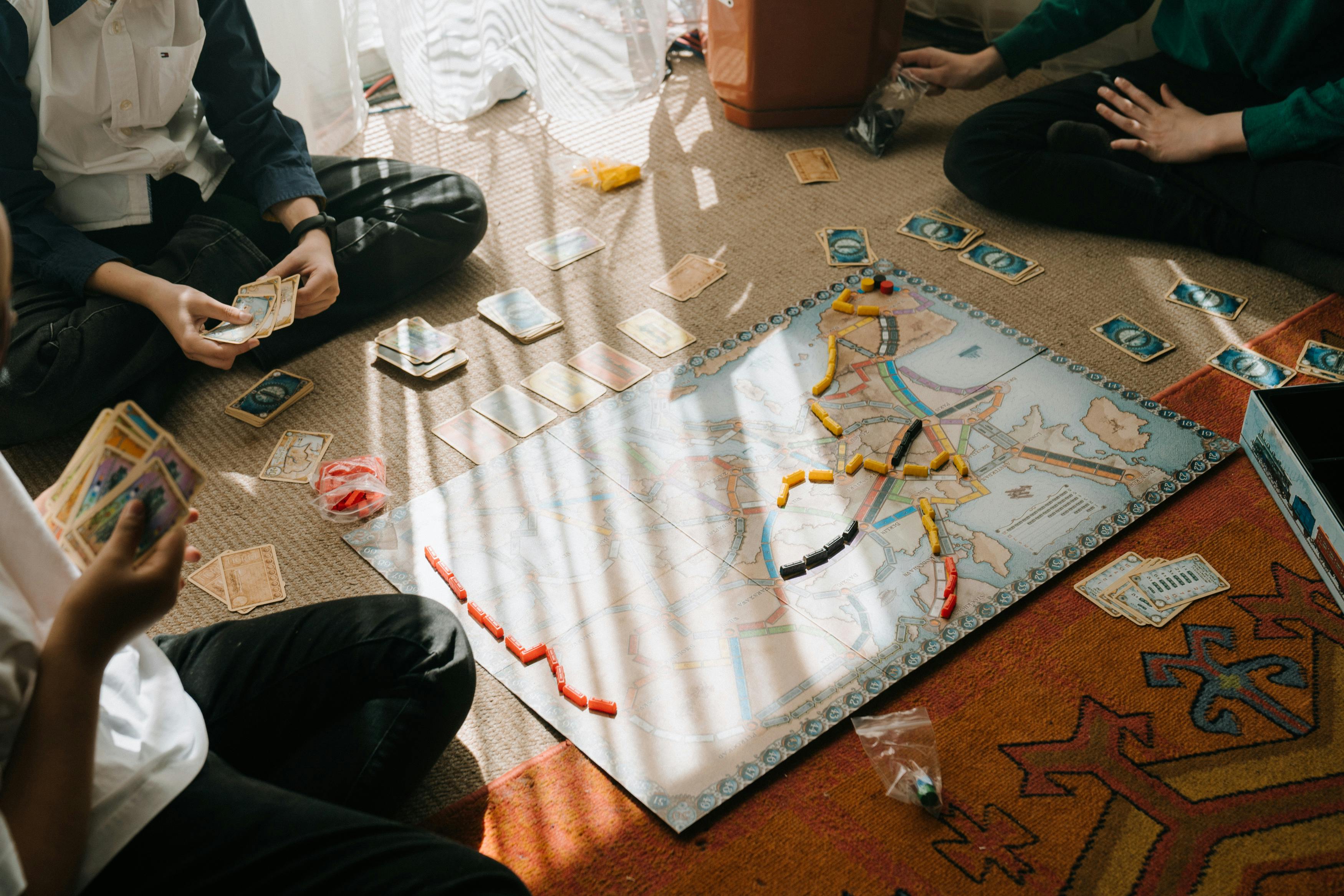Exploring The Solo Gaming Experience
Welcome to BoardStill, a dedicated space for the exploration of single-player tabletop gaming culture, mechanics, and design philosophy. We examine solitaire board gaming concepts not as mere pastimes, but as sophisticated systems reflecting broader cultural and psychological patterns.

The aesthetic simplicity of modern solo gaming reflects both function and form.
The Solitary Experience
The term "solitaire" in board gaming extends far beyond the familiar card games. It encompasses a rich tradition of single-player experiences that challenge strategic thinking, spatial reasoning, and problem-solving capabilities. In contrast to competitive gaming, the solitaire board game creates a dialogue between designer and player—a carefully crafted puzzle or system meant to be explored in isolation.
Modern game designers have increasingly recognized the value of the solo experience, creating dedicated modes or entire games built specifically for the solitary player. This shift reflects broader cultural trends toward personalized entertainment experiences and the recognition that cognitive engagement need not be social to be profound.

Abstract game systems often provide the deepest solo experiences, challenging perception and strategic thinking.
Design Philosophy
The creation of effective solitaire board games presents unique challenges to designers. Without the dynamic unpredictability of human opponents, games must incorporate systems that create meaningful decision spaces and emergent complexity. Designers employ various techniques—from deterministic puzzles to highly randomized scenarios—to create engaging solo experiences.
Modern solitaire board game design often incorporates:
- Emergent complexity from simple rule sets
- Variable setup conditions to ensure replayability
- Progressive difficulty scaling
- Narrative integration that responds to player choices
- Optimization puzzles with multiple valid solutions

The material tactility of board games remains central to their appeal in an increasingly digital world.
Historical Context
Single-player board games have existed throughout history, from ancient puzzle boxes and tangrams to the mechanical solitaire games of the Victorian era. These games often served as demonstrations of mathematical principles or tests of intellectual capacity, positioning them as educational tools rather than mere entertainment.
The evolution of solitaire board gaming reflects changing attitudes toward solitude itself. What was once sometimes viewed as a consolation for those without companions has become recognized as a valuable form of focused engagement and personal development. The contemporary renaissance in board gaming has brought renewed attention to the solitaire experience, with designers creating increasingly sophisticated systems for solo exploration.